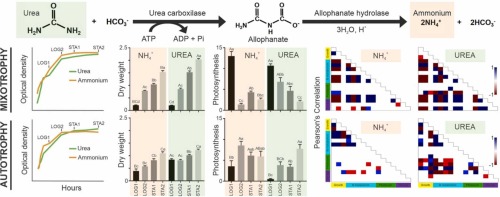Randy Holmes-Farley
Reef Chemist
View Badges
Staff member
Super Moderator
Excellence Award
Expert Contributor
Article Contributor
R2R Research
My Tank Thread
- Joined
- Sep 5, 2014
- Messages
- 67,438
- Reaction score
- 63,835
lolReally? wow.
I'm going to have to re-evaluate my estimate of the likelihood of "someone in your house peed in the tank" as a mechanism for inexplicable ammonia spikes. (I do believe that has happened a non-zero number of times on this forum.)
Normal ammonia in urine is about 0.1 to 0.8 ppm (10 to 80 ug/dL). See below
Ammonia - Health Encyclopedia - University of Rochester Medical Center
- Adults: 10 to 80 mcg/dL



















